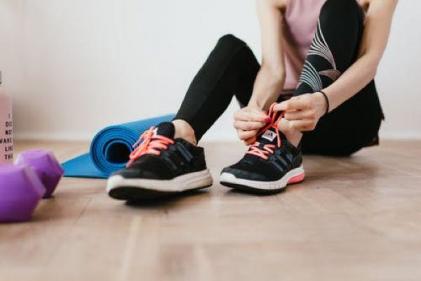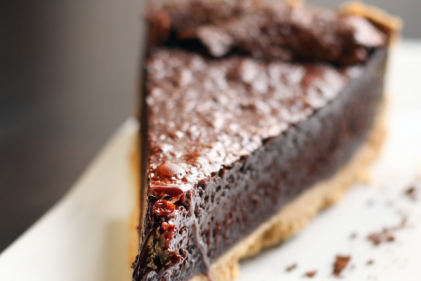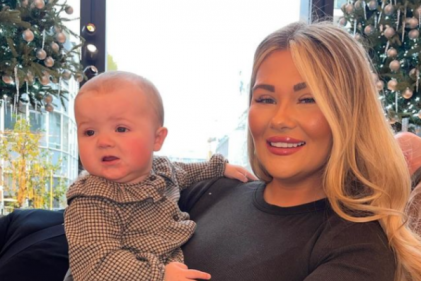 It’s widely accepted that during pregnancy you need to reduce your caffeine intake. It’s generally recommended that while you don’t need to give caffeine up completely, you should reduce the amount you consume to no more than 200mg per day. There is a common perception that this means cutting down on how many cups of coffee you have during the day but its important to remember that caffeine is also found in tea, soft drinks, energy drinks, green tea and chocolate (yes, chocolate!). A mug of instant coffee that you pour yourself at home has approximately 100mg of caffeine, while a cup of instant coffee usually contains between 50mg and 75mg. This means you can safely have a maximum of two mugs of instant coffee per day. The danger lies, however, when you move from instant to filter coffee and from home made measures to those purchased in coffee shops. Expectant mothers need to be aware of the considerable differences in caffeine levels between instant and filter coffee and between home measures and coffee served in high street cafés.
It’s widely accepted that during pregnancy you need to reduce your caffeine intake. It’s generally recommended that while you don’t need to give caffeine up completely, you should reduce the amount you consume to no more than 200mg per day. There is a common perception that this means cutting down on how many cups of coffee you have during the day but its important to remember that caffeine is also found in tea, soft drinks, energy drinks, green tea and chocolate (yes, chocolate!). A mug of instant coffee that you pour yourself at home has approximately 100mg of caffeine, while a cup of instant coffee usually contains between 50mg and 75mg. This means you can safely have a maximum of two mugs of instant coffee per day. The danger lies, however, when you move from instant to filter coffee and from home made measures to those purchased in coffee shops. Expectant mothers need to be aware of the considerable differences in caffeine levels between instant and filter coffee and between home measures and coffee served in high street cafés.
Instant coffee vs. high street cafés
It’s probably fair to assume that to most people a cup of coffee is just a cup of coffee but this simply isn’t the case. Recent research carried out by Glasgow University has highlighted the dangers of consuming coffee in high street cafés due to high caffeine levels. Currently, when you order a cup of coffee from your local coffee shop you have no way of knowing if you are ingesting 100mg of caffeine or a potentially dangerous 300mg. The study uncovered huge variations in caffeine levels in different cafés and experts are warning that people at risk, particularly pregnant women are unwittingly consuming far more caffeine then experts deem safe. The study examined espressos from 20 different high street coffee shops and uncovered huge differences in the levels of caffeine found in each. The espressos examined contained anywhere from 50mg of caffeine to more than 300mg of caffeine. The strongest espresso they examined contained more than 300mg of caffeine which by far exceeds the recommended maximum of 200mg for pregnant women. Of the 20 coffees examined, the lowest was Starbucks which contained 50mg of caffeine per 27ml serving. Costa coffees serving however contained over three times this with 157mg of caffeine per 25ml serving. This poses a very real concern for people at risk, particularly pregnant women who need to be aware that having a cup of coffee at a high street café may seem harmless but it could in fact be detrimental to the health of their unborn babies.
Learn more about how caffeine affects you and your baby and how to reduce your caffeine intake.












